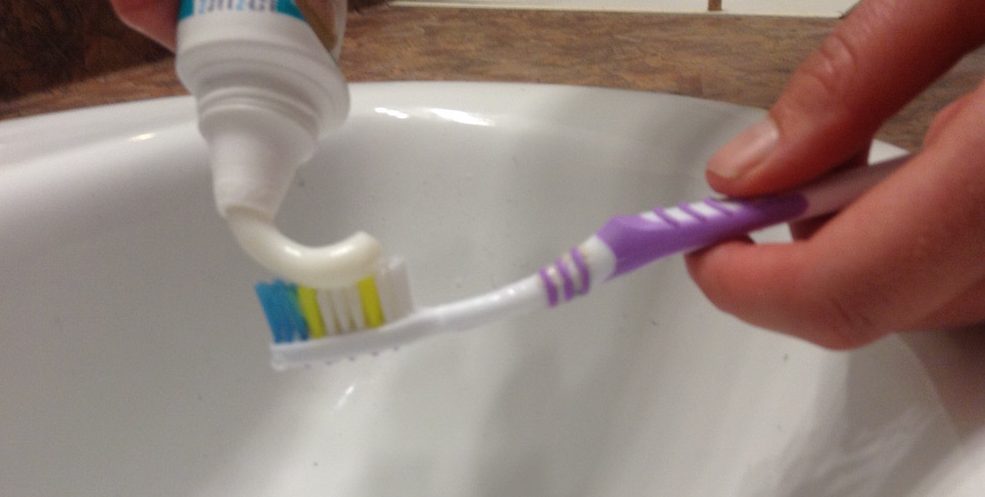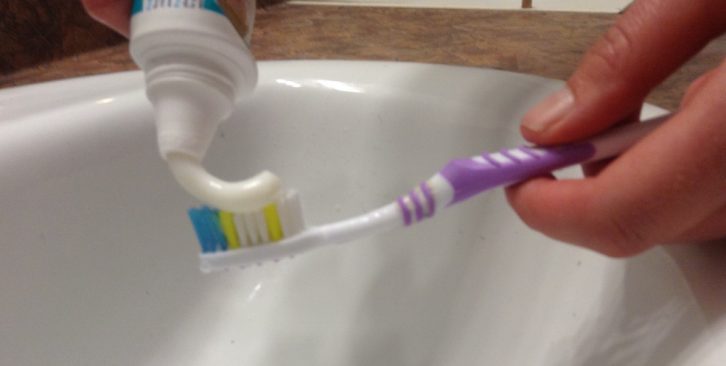Environment
Tiny plastic beads in everyday products invading oceans, food chain
'Our smallest forms of marine life ... can accumulate these micro particles'

caption
Microbeads, a form of plastic, has been found as an ingredient in everyday items such as toothpaste
caption
Microbeads of plastic are an ingredient in everyday items such as toothpaste.Small plastic beads in everyday products such as toothpaste and face wash are finding their way into oceans, marine life – and us.
The tiny pieces of plastic act as exfoliates in products such as face wash and are too small for treatment plants to filter out of wastewater. The microbeads soak up toxins such as heavy metals and pesticides, and can end up in the ocean.
“Our smallest forms of marine life, such as plankton, small filter feeders, shellfish can accumulate these micro particles,” says Jenna Jambeck, an associate professor at the College of Engineering at the University of Georgia.
“These are at the bottom of our food web,” she added, and are passed on to bigger animals that feed on these small organisms.
Jambeck delivered the lecture “Plastics in our Oceans” at Dalhousie University Thursday night, part of the Ransom Myers lecture series staged since 2008.
Microbeads can be harmful to humans because of the toxins and chemicals absorbed from the air and water. If a fish eats a microbead, it also ingests the chemicals the plastic has absorbed. If a person then eats that fish, they are also eating those chemicals.
The health risks for humans are the chemicals that are absorbed, such as pesticides that have been linked to cancer.
Consumers should check the ingredients of products they buy, Jambeck said, and watch for polyethylene when purchasing cosmetic and toiletry items.
Polyethylene is a widely produced plastic, used mostly for packaging, and can be found in many products due to its versatility. Polyethylene can be a soft and flexible but can also take the form of a hard plastic.
The federal government has added microbeads to the Environmental Protection Act’s list of toxic substances. Regulations are being forumated for products that use such plastics and Ottawa plans to ban the sale of products with microbeads by 2018.
Ashley David, the solid waste resource coordinator for Nova Scotia Environment, said in an interview that she already avoids buying disposable plastics because of the impact on marine life. “Now I will have to check my toothpaste.”
Millions of microbeads are in Canada’s Great Lakes, the largest concentrations in Lake Ontario – where 1.1 million plastic particles per square kilometre have been found.

